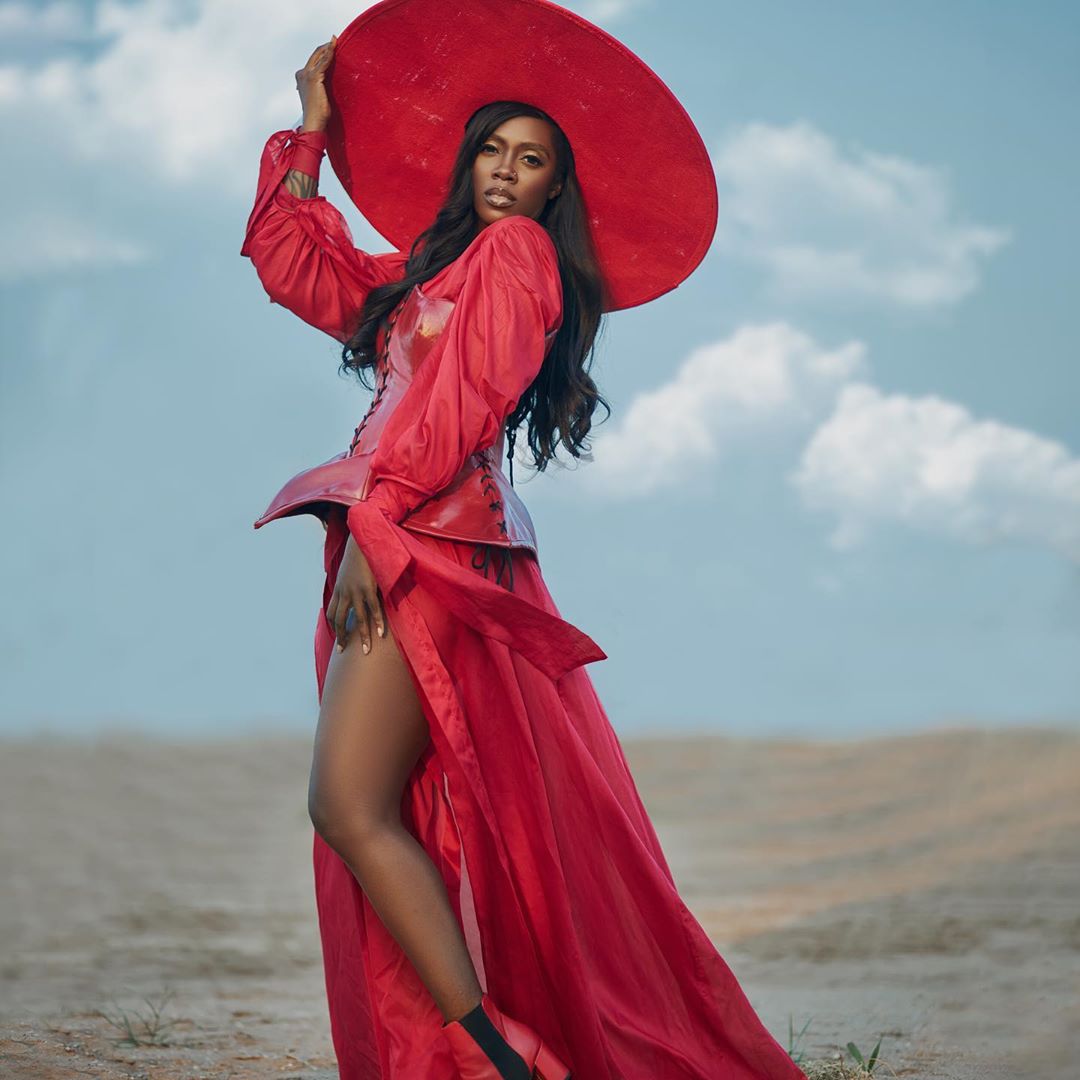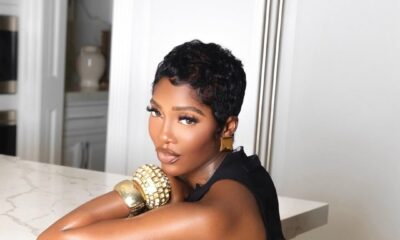Music
5 Takeaways from Tiwa Savage’s Interview with NME

Tiwa Savage, the queen of afrobeats and Nigeria’s very own, recently dropped “Celia“, her first body of work to come out on Motown Records. The 13-track project features collaborations from the likes of Sam Smith, Stefflon Don, Davido, Naira Marley, Hamzaa, and more.
The Nigerian singer, in a feature by the NME, among other things, reflects on her reputation as ‘the Queen of Afropop’, bats away the idea that she’s a “Renaissance woman” and discusses her album “Celia”.
Check out these five takeaways from her interview
On entitling her album “Celia”:
Named after her mother, ‘Celia’ is, says Tiwa, for “all the different women in different industries killing it – especially in male-dominated industries”. For her, the name comes to signify all women who are “very powerful but she’s also vulnerable. She doesn’t mind showing her soft side and letting people see it, but she’s definitely a strong woman”. So when you get the last track on Tiwa’s third studio album, ‘Celia’s Song’, she wants it to be “a prayer of hope” to all Celias out there.
On whether afrobeats will last:
She insists that “it’s definitely here to stay”, adding: “I’m so proud of the whole spotlight on Africa. I only hope that this is not Africa’s 15 mins of fame or this whole afrobeats genre is a flash-in-the-pan moment.
“I love where I’m from and what all my brothers and sisters are doing – WizKid, Burna Boy, Davido, Simi, Diamond, and Nasty C. It’s beautiful to see everyone honing their crafts and elevating it higher and higher. We inspire each other because when we see one doing numbers; we all want to push harder and move this moment forward.”
On taking her status as the ‘Queen of Afropop’ very seriously:
“I put pressure on myself to do better than my last [album], but having that title… it’s sweet that there are fans who think that of me – although there’s not just one queen. There’s a load of kings and queens doing this.”
On using her platform to be the voice of the voiceless:
However, thanks to quarantine, she’s realised that she “wants to do more”, and says: “[As] celebrities we have a wider reach, sometimes, more than politicians and religious leaders because the youth would prefer to listen to a celebrity than another figure. They have more trust in their idols, therefore we’ve got to use our platform to be the voice of the voiceless”.
“The bigger you get, the more organisations want you for your platform to elevate what they’re doing. So as I got more involved in charity work… as a human you can’t not be touched by it. You hear certain stories or see how others live, and you appreciate what you have. That makes you know that you have to do more to help people”.
Batting away the ‘Renaissance woman’ tag:
“I see myself as that in an ideal world, but I know there’s a load of areas I want to work on. Acting in “Shuga”, I was so glad to help educate the youth about sexual education and how to practise safe sex. As a Nigerian, we don’t talk about that with kids. Even as teenagers, your parents don’t even want to know that you’re involved in those types of things. It’s a clever way to get the information out.
“I want my legacy to be way bigger than music, so I know I have to make time to do more things I want to do [to be called a Renaissance woman].”
Read the full feature on www.nme.com
















